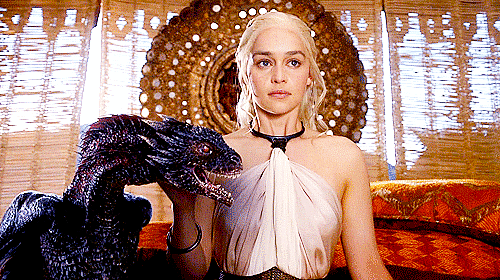People ask me how I pick books to
read – do I look at the Bestsellers list? Do I look at Goodreads
recommendations? Do I look at what other book bloggers are spazzing over? I do
all of the above, but more often than not, I refer to a short list of writers
whose releases provide enough and more literary satisfaction for me and ensure
I’m well fed. Picoult leads this list.
Her books compulsorily have three
ingredients: a plot that mandates a tissue box by your side, a writing style that
gives you the benefit of walking in the shoes of different characters to look
around and judge for yourself but most importantly, characters that can’t be
classified as good or evil – in the end, no one is blameless. Everyone is
human.
Picoult gets in my head and confuses
with my ideologies. This is also why she’s one of the writers I hate the most. Her
books always tackle subjects that are to be debated over tea, (possibly) in
raised voices at book clubs, and keep you up at night wondering if the
characters made the wisest choices and had you been in their place, would you
have done it any differently. Needless to say, when I heard she had a book
coming out about racism in contemporary society, I confidently dropped big
bucks without even pausing to look at what everyone had to say about it.
 |
| I hope the panda was a nice touch |
Confession #1: I was in a reading
slump. You can verify that by merely looking at the date of publication of my
previous post on this blog. Maybe I still am in a reading slump – I’m
unravelling a little at the edges. But I read this book from start to finish
and I consider that an achievement.
Confession #2: I am not the best
person to judge this book, and I won’t pretend to be one either. I have never
stepped foot in the US, I am Indian and usually navigate in predominantly
Indian circles. But, in case this is news for you, racism is not exclusive to
multi-ethnic societies. You’d be surprised at how widespread, silent and invisible
racial discrimination actually is and I am no stranger to it. But, as usual, I digress.
I loved her choice of PoVs: the
victim, the lawyer and the white supremacist – expected, but still commendable
– because warping reality into what might make logic for a douchebag requires genius
and intensive research. I dreaded reading Turd’s Turk’s PoV chapters
because it felt like sliding underneath the slimy skin of a monster. This isn’t
my first time: Amy in Gone Girl, and
Alfred in Salt to the Sea helped me
mentally steel myself against Turk’s viciousness and feel pity for the likes of
him. You can never justify their actions, but you can understand them.
Surprisingly, it wasn’t Ruth or
Kennedy or Turk that intrigued me. It was Adisa. Adisa is such a solid
character – so very real – in her
blunt stubbornness, her own racist inclinations – a lot of spice with a dash of
sugar. I wish Picoult wrote Book #0.5 from Adisa’s eyes – I want to know if she
really sees the world in black and white or in Technicolor but pretends
otherwise. I was especially impressed by how she weaved the past and the
present in her narrative, not jarring against each other, but providing the
other a context for us to understand better.
This book really messed with my
head – I forged through the constant volley of questions thrown at me, taking
breaks in between (you can’t read this at a stretch, nope) to mull over the
answers and maybe pretend like I didn’t know them. And as I drew near the end,
I began to dread the signature Picoult twist (usually someone you least expect
and care about the most drops dead) and I wasn’t disappointed.
Another thing I love about
Picoult is the copious amount of research she dedicates into her work. I
despise inaccuracies or misrepresentation, especially when you’re dealing with
sensitive matter, and this book wouldn’t have been easy for her to write. A
white woman trying to voice the discriminated? It would have been intimidating,
considering that she knows what she’s setting herself up against. But she did
it, anyways.
Most of all, I loved the title. Small Great Things, is a reference to a
Martin Luther King quote, like she explains in her Author’s Note. The plot is
essentially a quest for a greater victory, but the actual greatness of the
novel was in the small victories. When the father held his faceless newborn.
When Ruth touched the baby. When Kennedy understood what racism actually means.
Small great things like that.
VERDICT: Just do yourself a favour and read it please.
P.S. Miss Picoult, if you're reading this, thank you for this book. Also a huge thank you for the epilogue which restored my faith in humanity.
















